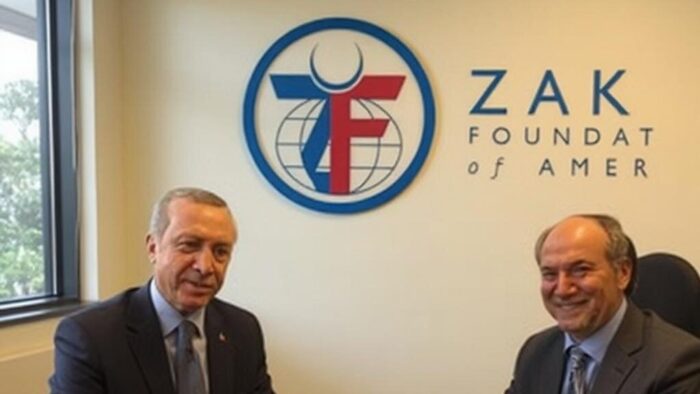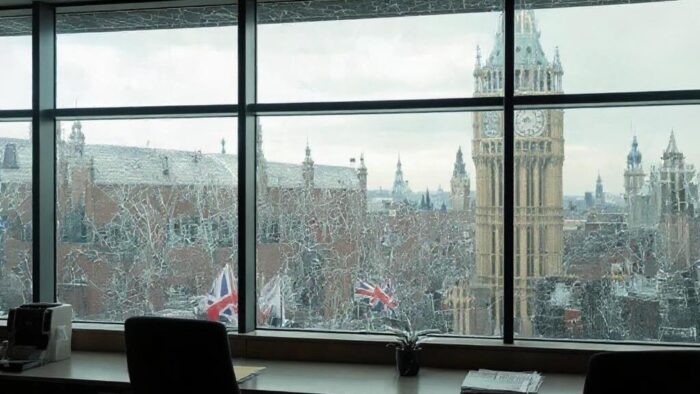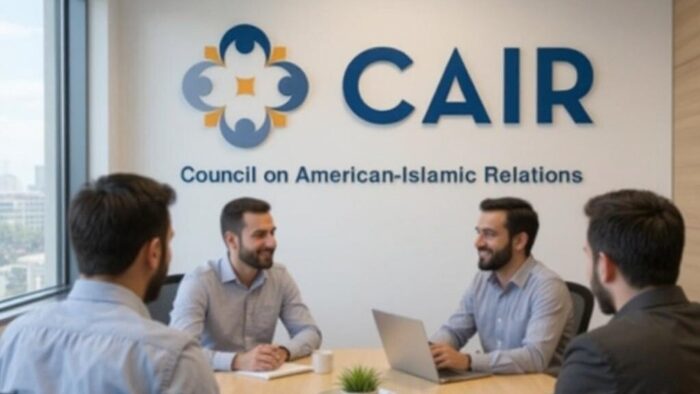Blacklisting Iran’s Revolutionary Guards is now a top priority for UK lawmakers. On 6 May 2025, Iran International reported that the arrest of five Iranian nationals on terror charges across the UK had led to renewed calls by lawmakers to designate Iran’s Islamic Revolutionary Guard Corps (IRGC) as a terrorist organization. The arrests, involving suspects allegedly hours away from attacking a specific location, have intensified political pressure for official proscription of the IRGC. The article begins:
The arrest of five Iranian nationals on terror charges across the UK has led to renewed calls by lawmakers to designate Iran’s Islamic Revolutionary Guard Corps (IRGC) as a terrorist organization. Security Minister Dan Jarvis told Parliament on Tuesday that the arrests marked “the first Iranian nationals arrested under the National Security Act.” He said the Iranian state-including the IRGC and the Ministry of Intelligence and Security-had previously been placed on the enhanced tier of the foreign influence registration scheme. “Anyone in the UK who works for the Iranian state must declare it or they will be committing a serious criminal offence,” he added. The arrests, made on May 4 in London, Rochdale, Swindon, Manchester and Stockport, involved five men held under the Terrorism Act 2006 and three more under the National Security Act. Four remain in custody. Authorities believe the group was only hours away from attacking a specific location.
Read more: https://www.iranintl.com/en/202505066658
Key Points
-
Blacklisting Iran’s Revolutionary Guards is being urged after five Iranian nationals were arrested on terror charges in the UK.
-
UK Security Minister Dan Jarvis confirmed these were the first arrests of Iranian nationals under the National Security Act.
-
MPs criticized the government for not yet proscribing the IRGC, despite repeated plots linked to Iran since 2022.
-
A legal review on proscribing the IRGC as a terror group is complete, with ministers promising to act on its findings soon.
Iranian Influence in the West: Digital Campaigns, Cyber Operations, and Policy Pushback
In recent years, a surge in Iranian influence operations across the West has been documented by the GIOR, with Iran ramping up digital influence operations targeting global audiences through coordinated disinformation and propaganda campaigns that exploit online platforms and Western media. Notably, Iranian regime hackers have launched influence campaigns to disrupt Iran opposition rallies, using cyberattacks and information warfare to undermine dissident activities abroad. The exposure of Iranian state-linked hacking groups involved in global phishing attacks demonstrates how the IRGC leverages cyber units for espionage and influence, targeting activists, academics, and policymakers. These efforts are mirrored in Western educational spaces, as US Republicans have called for investigations into pro-Iranian propaganda on college campuses, highlighting concerns about the IRGC’s cultivation of sympathetic networks. Meanwhile, Iran’s PressTV has been shown to mimic Russian talking points on Ukraine, illustrating the regime’s efforts to shape international narratives. These findings are consistent with external analyses, which reveal that the IRGC’s influence strategy combines cyber operations, media manipulation, and the establishment of proxy networks in Western societies. Numerous analyses have detailed the regime’s sophisticated media influence tactics, with others arguing for the urgent proscription of the IRGC in the UK. On 6 May 2025, the UK Security Minister emphasized in Parliament the backdrop of rising Iran-backed threats, with 20 plots disrupted since 2022. The debate also addressed calls for further measures against Iranian state-linked entities, support for the Jewish community, and the importance of international cooperation and robust legal frameworks to counter evolving state and terrorist threats.
External References:
Disclaimer:
The Global Influence Operations Report (GIOR) employs AI throughout the posting process, including generating summaries of news items, the introduction, key points, and often the “context” section. We recommend verifying all information before use. Additionally, images are AI-generated and intended solely for illustrative purposes. While they represent the events or individuals discussed, they should not be interpreted as real-world photography.





